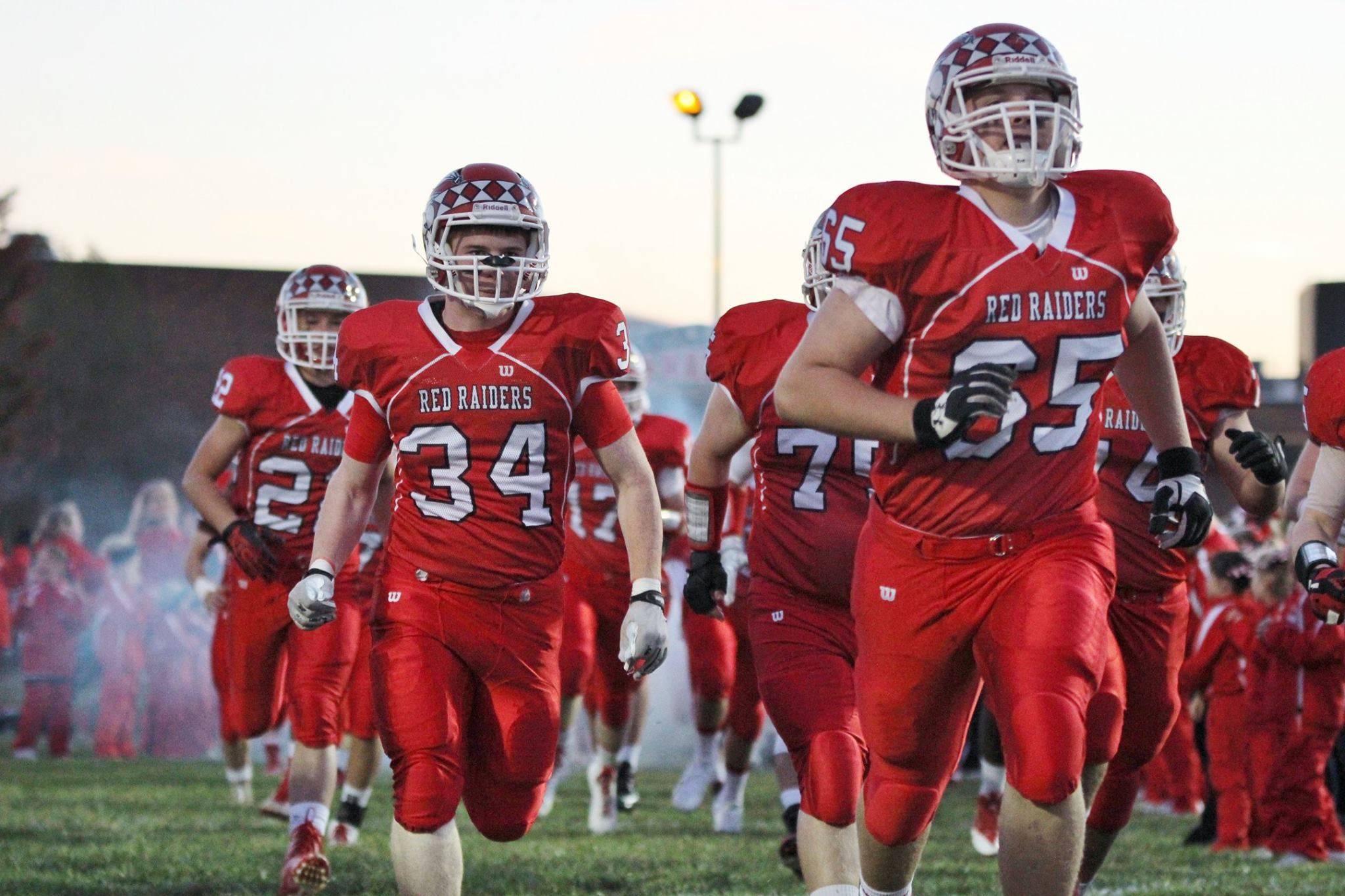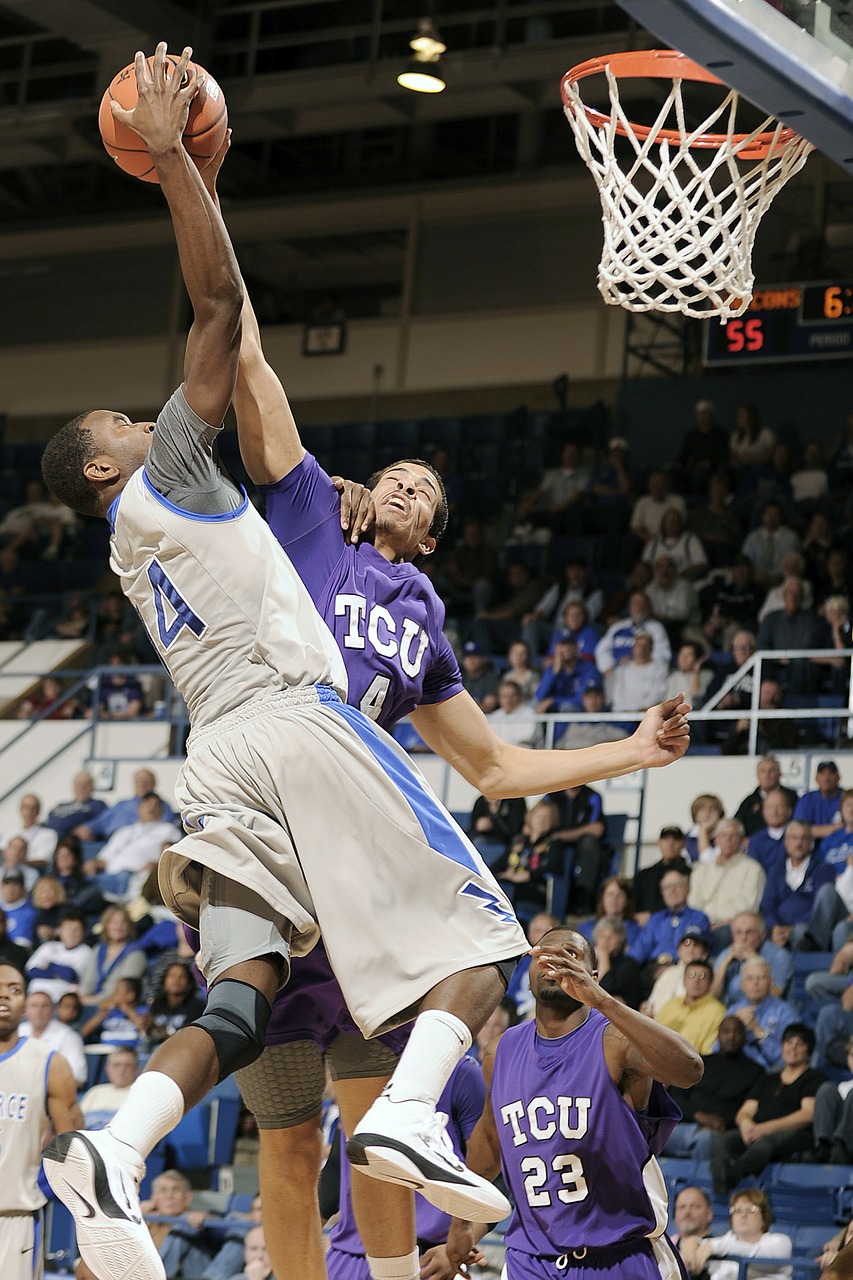
This article is mainly for those interested in becoming collegiate strength and conditioning coaches. Both undergrads and master's students ask me all the time how to break into this profession. There are many different paths you can take to become a successful strength and conditioning coach, but you have to find the path that fits you the best. Only you know what you can and can't handle, and you must be true to yourself when starting this journey. There is a big difference between sacrifice and stupidity.
To get started, you have to ask yourself why. Why do you want to be a collegiate strength coach? If your motives are pure, you're on your way. If you're in it for the cool gear, sideline passes, a free place to work out and 30 seconds of fame on television, you can forget it. It isn't by any means a glamorous life. At best, you're a spoke in the wheel, no matter what level you end up coaching at. You'll spend countless hours a week preparing athletes and then watching helplessly as they compete. I've seen strength coaches get blamed for the most ridiculous things that you can imagine, some so unjustifiable it's beyond the scope of sanity. For example, two players (NFL) collided and another player’s finger got caught between their helmets. One of his fingers dislocated and the other was broken. The head coach yelled, “What the f*** are we doing in the weight room to protect our fingers?!" (This is a true story.)
At the collegiate level, especially with football, a strength coach has to wear many hats. One of these hats may include helping out with special teams. God forbid there are only 10 players on the field or you put in the backup who's on the sheet when the starter is hurt. Don’t forget the best part of game day—getting yelled at during every play for three hours by referees to get off the field. That’s a ton of fun. I'm not trying to paint a bleak picture, just a realistic one. It isn't even close to fun and games.
RELATED: So You Wanna Be a Fighter?
Salaries range from poverty level to ridiculous and everywhere in between. Even some schools with a lot of money still don't pay very much, but that's how it is. And don't think that after working for a year or two, your salary will go up. Yes, you may get your 1 percent cost of living adjustment but buyer beware. You'll make what you signed for on your contract. I've seen many strength coaches bite the bullet and take a low salary thinking that it will go up, but in three years, they're earning the same thing. The market is also already oversaturated with strength coaches. Every job posted gets about 200 applicants, regardless of the experience level. It's a dog eat dog world and only the strong survive.

Photo courtesy of Chris Whitacre
If glamour and riches aren't your motivators, you may have a chance. When I'm hiring people, I want them to be in this profession for the pure sense of making young people bigger, faster and stronger. I want them to have an abnormally high competitive spirit and work ethic, and I want them to be the type of person who is constantly trying to move themselves and others forward to a better place. If you're one of these elite types of people, there are some paths you can take.
Now that we know that you're in it for the right reasons, I'll assume that you're an undergraduate student majoring in physical education, kinesiology or sport medicine. If your school has a strength and conditioning major, you are by far one of the lucky ones. The best advice that I can give you right now is start volunteering! Today. Right now. Get a resume together or get your ass to your school's strength coach and volunteer every free minute that you have with him. At this point in your life, it's time to grow up. All the dumb time partying and carrying on in college could be spent cleaning or setting up a weight room and it will put you ahead of your competitors. You have all your life to party, but you'll have no life at all if you don’t follow your dreams and beat out the other 200 people applying for jobs. Screw them! You have to find a way to stand out.
If your strength coach doesn’t take interns, look around at different high schools or colleges in your area and start volunteering there. As a last resort, try working at the local gym (preferably hardcore). I say as a last resort because being a collegiate strength coach is very rarely one-on-one. The more experience that you can get coaching teams, the better and the more it will help you in the long run.
Once you find this niche, work you tail off. Do everything and more. You may not know it, but there are people watching everything you do and you never know who knows who. That athletic director may know someone down the road who can get you a job. Remember, it's the same as every other profession. Who you know will always outweigh what you know. Who you know will get you started. What you know will help you keep it.
Once you get established, it's time to start applying for internships or graduate assistant positions. If you aren't close to graduation, start applying to any school that you can for a summer internship. The bigger the school, the better. And be persistent. I had a guy who I didn't know call me every day for two months to get the opportunity for an internship. He drove me so nuts that I finally said yes. He wound up being one of the best interns I've ever had and I was able to hire him full-time down the road.
Another tip is know your audience. Go to a place where your personality will fit into what that particular strength coach’s philosophy is. If you've read any of my previous articles, you'll know that there are a thousand ways to skin a cat and run a program, so find a place where you'll fit in. Don’t be that guy. I remember when I took over this one program. The previous strength coach had promised internships to some interns. I went out to meet them on day one and I fired one within 10 seconds of meeting him because he showed up in toe shoes. Not my cup of tea to say the least. It might be yours, but it isn't mine. Know your audience.
After all the volunteering or interning and after your senior year has rolled around, go on the same attack for a graduate assistant position. The same rules apply: the bigger the school, the better. You'll meet more people at a bigger school. Also consider looking into how many people they've placed. You should now have a good understanding of where you might fit. Does the Olympic side interest you? Football? Basketball? Wherever your passion lies, that should be where you really look for specific, graduate assistant spots. You should also be doing everything possible to get your NSCA or CSCCa certifications in order. The faster you get them, the easier it is to hire you, which sets you apart from everyone else. If becoming a graduate assistant isn't possible due to money, grades or availability, apply everywhere that you can for every job. Cross your fingers and call everyone you know.
RELATED: What to Expect as a Strength and Conditioning Intern
My first job was as the head strength coach at a high school. I ran the program like I would a college program, and I put out a lot of great players. Coaches came by for recruiting, and once a job opened up, they called me and the rest is history.
There are many different paths and many different circumstances that everyone faces. It's a fact of life. Some can afford a graduate assistant position, some end up at high schools and some land in the private sector. But those who are in it for the right reasons and work their asses off may be joining us on the field (or pulling us off of it). We need all the help that we can get. Good luck.












Coach G thank you very much and I hope to speak with you in person one day.
In Strength!